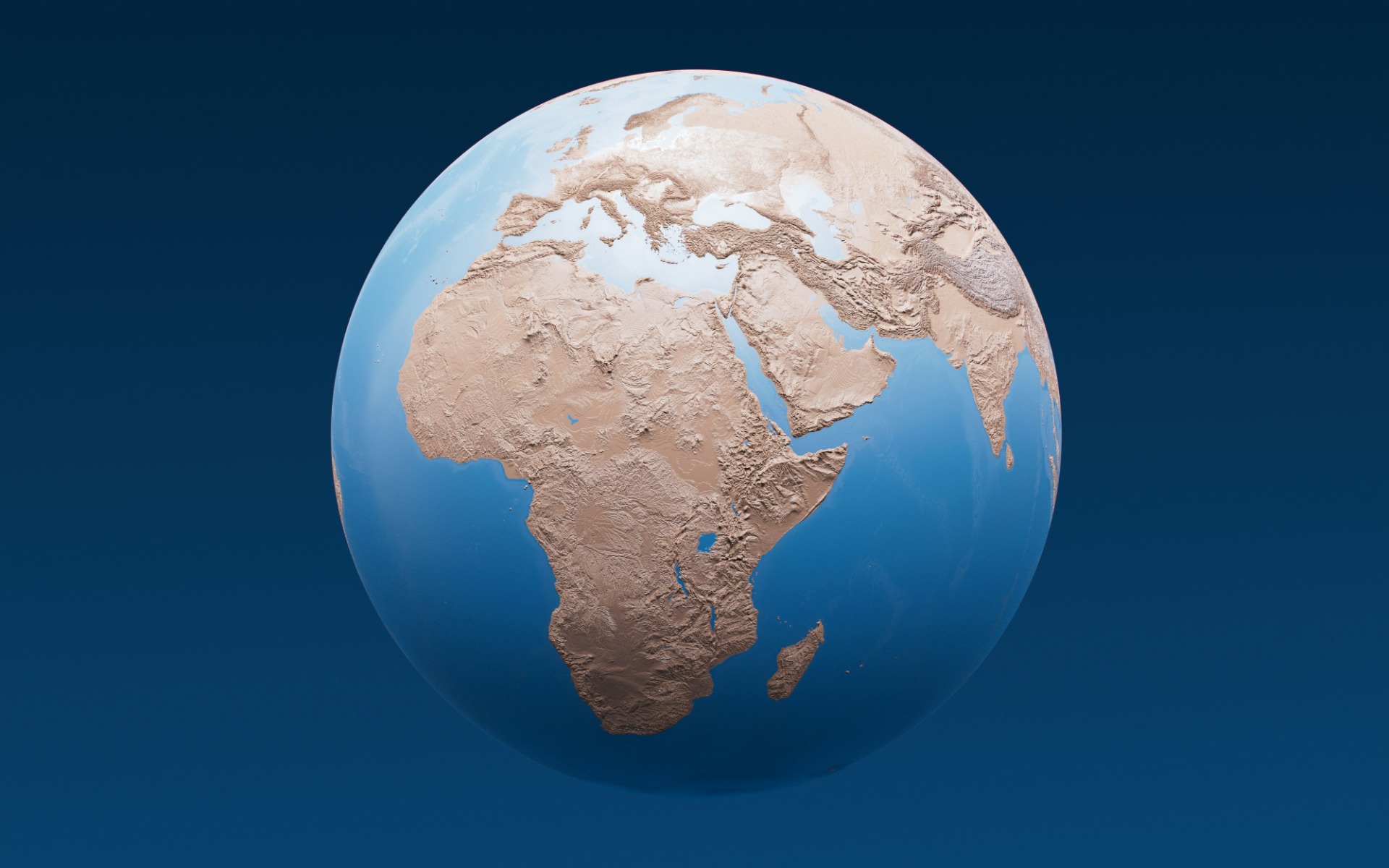Mozambique - Major Infrastructure Projects in 2025
Major Infrastructure Projects in Mozambique 2025: A Path to Economic Growth
Mozambique is actively pursuing a range of major infrastructure projects across various sectors to drive economic growth, improve connectivity, and enhance the quality of life for its citizens. This article analyzes key areas and specific projects that illustrate Mozambique's commitment to infrastructure development.
Energy Sector
Mozambique LNG Project (Cabo Delgado)
One of the most significant undertakings in Mozambique's energy sector is the Mozambique LNG Project located in Cabo Delgado. This project aims to extract and liquefy natural gas from the vast offshore reserves in the Rovuma Basin. Although the project has faced security challenges and delays, it is gradually regaining momentum with renewed financing. If successful, this initiative has the potential to transform Mozambique into a major global liquefied natural gas (LNG) exporter. Key players in this project include TotalEnergies and ENI, while production has already commenced at the Coral Sul Floating LNG facility in Area 4.
Power Generation and Transmission
Mozambique boasts significant hydropower potential, with existing facilities such as the Cahora Bassa Dam contributing to the national energy supply. Ongoing efforts to expand hydroelectric generation capacity aim to meet both domestic and regional energy demands. Investments are also directed toward electricity transmission grids to improve connectivity and access to power throughout the country. The ambitious goal is to achieve 100% electricity access by 2030, attracting both public and private sector investment.
In partnership with Africa50, Mozambique is developing three solar photovoltaic (PV) plants with a total capacity of 260 megawatts, including a notable 100 megawatt floating solar project.
Transportation Infrastructure
Roads
In the transportation sector, several key projects are underway to enhance road connectivity. The Negomano-Roma Road project in Cabo Delgado, supported by the African Development Bank, was completed to facilitate trade with Tanzania and improve local access to services. Subsequent phases extending to Mueda are currently underway.
Significant investments are also being made in rural transportation in Zambézia Province through the Connectivity and Rural Transport Project by the Millennium Challenge Corporation (MCC). This initiative includes the construction of a new 1.8-kilometer bridge over the Licungo River and a 16-kilometer bypass near Mocuba. Additionally, the government has earmarked MZN 13.2 billion (approximately US$200 million) for the construction of the Mocuba Ring Road and a bridge over the Licungo River.
Railways
The rehabilitation and expansion of railway lines are essential for transporting goods, particularly minerals like coal. The Sena Railway serves as a vital link by connecting Moatize to Beira. Furthermore, the Nacala Logistics Corridor provides an important route for exports via the Port of Nacala. Plans are also in place to double the capacity of the railway that connects the Port of Maputo to South Africa, helping to alleviate road congestion.
Ports
Mozambique is making strides to enhance its port infrastructure. The Port of Nacala has undergone significant rehabilitation, modernization, and expansion to improve its operational capacity. A major extension of the concession for the Port of Maputo is anticipated to unlock around US$2 billion in investments, which will enhance the port's capacity and regional importance.
Additionally, the proposed Macuse Deepwater Port in Zambézia aims to provide a direct export route for coal from the Moatize Basin and has the potential to handle general cargo and liquid petroleum products. Despite facing delays, the project is reportedly being revived, reflecting sustained interest in expanding Mozambique's port capabilities.
Telecommunications
Investments in telecommunication infrastructure are ongoing, aimed at improving access to information and communication technologies throughout Mozambique. This effort is crucial given the increasing demand for reliable connectivity in various sectors.
Overarching Strategies and Financing
To support these initiatives, Mozambique has formalized its National Development Strategy (ENDE) 2025-2044 into law, thereby providing a long-term framework for economic and social development, including infrastructure enhancement. The government is actively pursuing Public-Private Partnerships (PPPs) to finance and implement infrastructure projects in the transport and communications sectors.
International development partners such as the World Bank, African Development Bank, and the US Millennium Challenge Corporation are providing significant financial and technical support for these projects. Furthermore, Mozambique's decision to become a shareholder in Africa50, an infrastructure investment platform, underscores its commitment to leveraging expertise and attracting private sector investment.
Challenges and Outlook
Despite the ambitious plans, Mozambique faces several challenges. Security issues in the northern Cabo Delgado region have impacted the Mozambique LNG project, while natural disasters such as cyclones and floods pose risks to infrastructure development. These factors necessitate climate-resilient designs and robust planning to ensure the sustainability of infrastructure projects.
Economic stability and investor confidence are also critical components for attracting the necessary financing. Nevertheless, Mozambique's commitment to upgrading its infrastructure remains resolute, recognizing its essential role in unlocking the country's economic potential and enhancing the quality of life for its citizens. The energy and transportation sectors are at the forefront of these efforts, with significant projects underway and more planned for the future.
